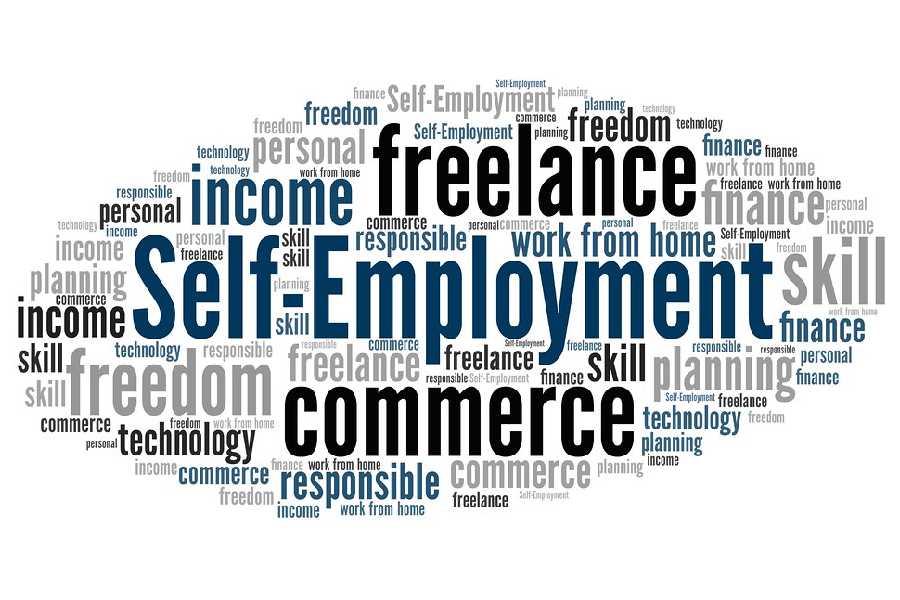What is a self employed mortgage? If you work for yourself then you will know that it’s much harder to get a mortgage if you are self employed. Why is it so hard to get one? And what are banks looking for?
Why it is hard to get one?
If you’re self-employed and searching for a mortgage, you’ll have access to the same mortgage options as everyone else, and you’ll have to pass the lender’s affordability tests just like everyone else. Self-employed people, on the other hand, are expected to produce significantly more evidence of their income than other borrowers because they do not have an employer to attest for their wages.
Only having one year of accounting is the most prevalent issue for a self-employed person asking for a mortgage. Many lenders demand a two- or three-year commitment. A significant increase in your income or an unequal increase in your income in recent years can also be troublesome. Lenders frequently average the previous two or three years.
What the banks are looking for?
To prove your income while applying for a self-employed mortgage, you’ll need to provide the following evidence:
- Accounts approved for two or more years
- For the past two or three years, use SA302 forms or a tax year overview (from HMRC).
- If you’re a contractor, show evidence of forthcoming contracts.
- If you’re a company director, show proof of dividend payments or retained earnings.
You must additionally produce the following documents in addition to proof of income:
- Passport
- Driver’s licence
- A bill from the city council
- Utility bills that are less than three months old
- Bank statements for the previous six months
Lenders also prefer self-employed mortgage applicants to produce accounts prepared by a trained, chartered accountant, as this ensures their trustworthiness. They’ll most likely concentrate on the average profit you’ve made over the last five years.
If you only have accounts for a year or less, it may be tough to convince a lender that you can afford to repay a mortgage, but it is not impossible. It might help if you can show that you have regular work or provide proof of upcoming commissions.
What can you do to make it easier to get a self-employed mortgage?
When you’re self-employed, there are several things you can do to boost your chances of receiving a mortgage, including:
- Put aside as much money as you can for a down payment.
- Examine your credit score.
- Make any necessary changes to your credit report.
- Become a registered voter.
- Lenders are less likely to lend on some assets, such as flats above business premises or old or distinctive structures.
- Consult a mortgage broker.
- Look for a loan from a specialised lender.
Having a good credit history will increase your chances of acquiring a mortgage and getting better rates. Because your lender may check both your personal and corporate credit histories, it’s important to monitor your credit reports on a regular basis.
There are things you can do to enhance your credit score before applying for a mortgage if it isn’t currently where you want it to be such as:
- Making timely payments on your bills
- Maintaining a low credit use rate
- Regularly reviewing your credit reports and reporting any errors as soon as possible
- Keeping credit applications to a minimum (these can trigger a credit check, which can affect your credit score)
Start off on the right foot by making sure your funds are in order, beginning with the deposit. The great majority of lenders will want an upfront deposit of 5% of the total home price. For example, if your dream home costs £500,000, lenders will require a £25,000 deposit. This means you’ll have to take out a mortgage for around £475,000 plus interest.
The more years of records you can supply, in general, the better. It will help your application if you can demonstrate a stable or increasing profit over several years, as lenders look at average profits over time to determine your risk profile. If your income fluctuates significantly from year to year, you may be requested to demonstrate proof of future earnings potential, such as new clients or contracts, or you may be asked to show that you have a considerable quantity of savings.
If you enjoyed this article you might also like to read about How to buy a house without a Mortgage and Can you rent out a mortgaged property?



2 thoughts on “Self Employed Mortgage”